Article Summary
- Stakeholders in the telecom sector are blaming the Minister of Communications and Digital Economy for the rise in USSD debt owed by banks.
- The Minister’s suspension of end-user billing was said to have enabled the banks to continue to collect charges for USSD without paying the telcos.
- The Minister, however, made one last attempt this month to resolve the issue through another meeting. But this effort was stalled by the absence of the CBN.
Players in the telecommunications industry have blamed the Minister of Communications and Digital Economy, Prof. Isa Pantami, for the current debt logjam between telecom operators and Deposit Money Banks (DMBs) in Nigeria.
The Minister’s interference in a regulatory solution introduced by the Nigerian Communications Commission (NCC0 is said to have pushed the debt to N120 billion as of this month.
According to them, as of 2019, when the debt was still around N17 billion, the NCC had come up with end-user billing, which would have ensured that the bank customer is made to pay directly to the telecom operators for every USSD session.
The Minister, however, suspended the regulation and opted to find another way of ensuring a peaceful settlement of the debt’ between the telcos and the banks.
While the planned end-user billing would have allowed the telecom operators to deduct their money from the users’ airtime, a March 15, 2021 meeting summoned by the Minister with the representatives of the mobile network operators (MNOs) and the banks, came up with resolutions, which included that the banks should charge a flat fee of N6.98k per transaction on USSD and the banks should continue to collect on behalf of MNOs directly from customers’ bank accounts.
As of the time the meeting was held in 2021, the debt owed by banks was said to have hit N42 billion. But the banks continue to charge their customers for the USSD without remitting the same to the operators.
Regulation is different from policy
Speaking with Nairametrics, some of the players in the telecom sector blamed the Minister for allowing the debt to rise to N120 billion through his interference in what could have been resolved by regulation.
- “This is what happens when you mix regulation with policy making. If the Minister had allowed the NCC to implement its Price Determinant on the use of USSD, we would not be talking about N120 billion debt by now.
- “The Minister’s role is to formulate policy for the good of the industry, not to dabble into regulation, which is the mandate of the NCC. The regulator should have been allowed to address the issue in the best interest of the industry. It is now obvious that the Minister had failed in this regard and the industry will not forget even after his exit,” a telecom stakeholder who would not want to be named stated.
Another official of one of the telecom companies said:
- “This debt will be one of the failures of the outgoing administration, especially the Minister of Communications and Digital Economy, who through his meddlesomeness has prevented an appropriate regulatory solution to the matter. As it stands, we are not going back on the plans to disconnect the banks from the USSD platform, unless they pay the debt.
- “That we have not disconnected the banks now is to allow the inauguration of the new government to go on without any rancour in the country. After the inauguration, we will go ahead with the disconnection and it will remain so until they clear the debt. We spend billions annually to maintain the networks which the banks are riding on to provide this service that they are not willing to pay for even after charging their customers for using the service.”
The Minister’s justification
Explaining why he suspended the move by NCC to implement an end-user billion system (where the consumers are charged directly from their airtime balance for the use of USSD channels as opposed to corporate billing where the banks paid the MNOs for the use of USSD service) to address the debt issue, Pantami had said that he decided because he was “genuinely besieged with a barrage of complaints at the attempted commencement of end-user billing by service providers.”
- “USSD is a service to banks and not to the Telecom Consumers, and as such, banks should see themselves as corporate customers of telecom operators with a duty to pay for using the telecom network and infrastructure, including USSD channels extended to them for service delivery to their customers. Mobile Network Operators (MNOs) have no direct relationship with bank customers, and cannot, therefore, be charged directly for the usage of the USSD channel,” he said.
Last ditched effort
Pantami, whose tenure ends on May 29, however, made a last move this month to resolve the matter by summoning another meeting of the MNOs, DMBs, NCC, and CBN. However, the CBN did not attend the meeting slated for May 11th, 2023.
The Minister in a letter sent to the CBN Governor, Godwin Emefiele, dated 11th May 2023, expressed worry over the rising debt and regretted the absence of the CBN helmsman at the meeting that could have brought about a solution.
The letter, a copy of which was sighted by Nairmetrics, reads in part:
- “I write in respect of the above meeting scheduled for today May 11, 2023, acknowledgment of receipt of which from your office is attached, please. The meeting was held with no representative from the CBN in attendance despite assurances over the telephone to my Chief of Staff that the CBN was to be represented.
- “Please recall that we met with the Nigerian Communications Commission (NCC), Mobile Network Operators (MNOS), Association of Licensed Telecoms Operators of Nigeria (ALTON), Association of Telecommunications Companies of Nigeria (ATCON), and Deposit Money Banks (DMBS) represented by the Chairman, Body of Bank CEOs on Monday 15 March 2021 to discuss the indebtedness of DMBs Mobile Network Operators for USSD services.
- “Further to the meeting, CBN and NCC İssued a joint press statement on the agreement reached by all stakeholders. Copy is attached for ease of reference.
- “I received briefings at today’s meeting, which CBN failed to attend, that despite my intervention and several meetings by all concerned parties, the debt has not been settled and has grown from 42 Billion at the time of my intervention to over 120 Billion as of the date and continues to increase by the seconds. I was also informed that the DMBs failed to execute the Memorandum of Understanding (MOU) in which fundamental terms were agreed at the meeting of 15th March 2021.”
Approval for disconnection
The absence of the CBN at the meeting and the inability to resolve the matter with the banks, it was learnt, prompted the Minister to approve the disconnection of the banks from USSD. This was also communicated to the CBN Governor in the Minister’s letter.
- “I am sure you will agree with me that this level of debt is not sustainable and non-cooperation by DMBS, especially considering the pivotal role of the telecommunications infrastructure in the implementation of the Federal Government’s Cashless Policy and Digital and Financial Inclusion Objectives.
- “In the circumstances, please note that unless the DMBS settles the outstanding financial obligations to MNOs for the USSD services, I have directed the NCC to approve the MNOs’ request for the withdrawal of all USSD services to the indebted DMBs effective 7 pm, May 12, 2023, until the said outstanding debt is fully settled,” the Minister said in his letter to the CBN Governor.
Meanwhile, the CBN said intervention is ongoing to resolve the debt issue between the telcos and banks. Reacting to the plans to disconnect banks from the USSD platform, the Ag Director, of corporate communication at the CBN, Dr. Abdulmumin Isa, said the Apex Bank is very much aware of the protracted dispute between the banks and telcos and has been engaging all stakeholders to ensure an amicable resolution.
While noting that a meeting of the DMBs and telcos’ representatives was chaired by the CBN Governor to resolve the issue, he acknowledged the telcos right to collect all legitimately earned fees due to them and to recover their cost.

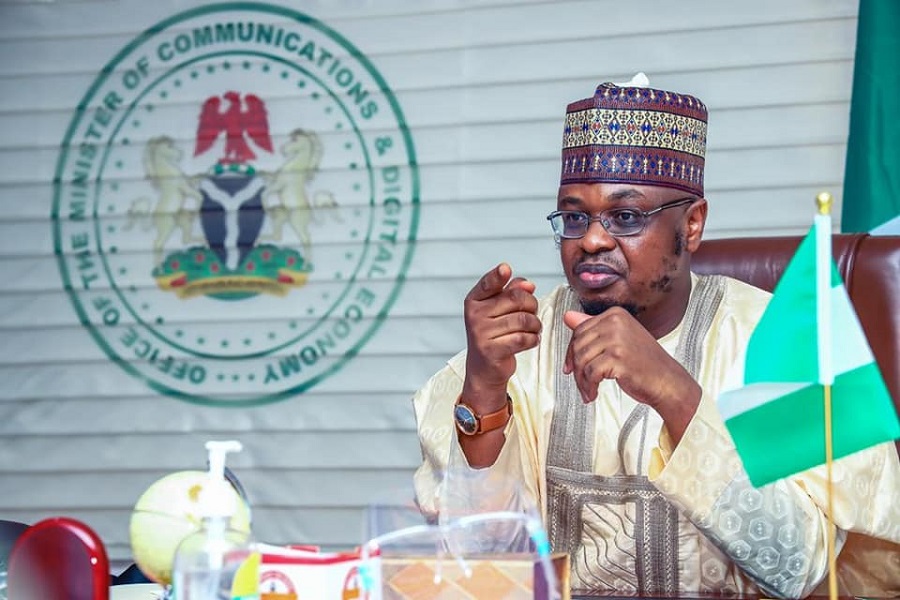






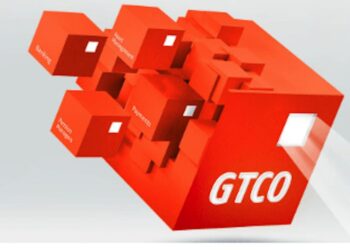
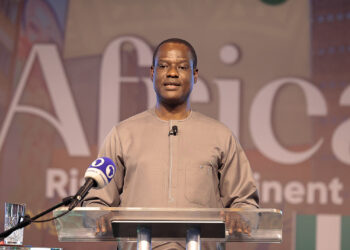

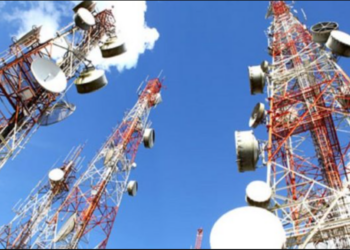
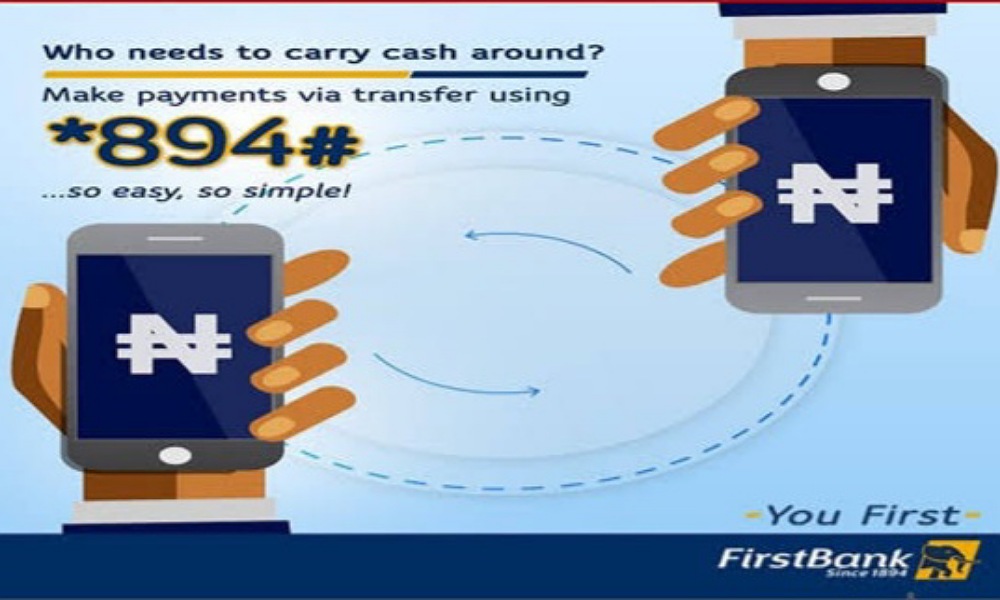

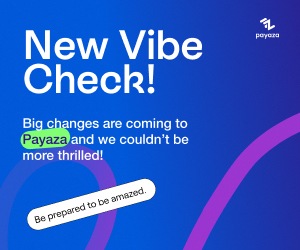









Very informative article , but there’s a but. The decision to transfer the direct cost to the banks thereby indirectly charging bank customers is well thought, because one may not have airtime always and might need to transfer a minimal amount for a transaction of st N500, without airtime he wouldn’t be able to make the transfer. However, if the money is charged to the account for the withdrawal, he can still access the difference.
It is easier to cope with that way, and telcos can adjust to delayed payments, but there is no reason why banks shouldn’t have remitted the money, a simple case of greed evidenced by the increased loan to deposit ratio. The rise in both interest and non interest income too have given banks some much needed boost in the current economic climate. The fault is not on the Ministry, but on the Banks. The ultimatum was a fair one however strict.
👏👏👏
You don’t run a commercial business in a non-commercial manner.
If Telecom entities can get paid directly for their USSD services by applying a charge on the user’s airtime balance, that should be the commercial norm.
Do banks’ software providers collect on their behalf the multiple multilayer charges they imposed on their customers and remit them back to them at their convenience?
One industry should not live at the
the expense of another.